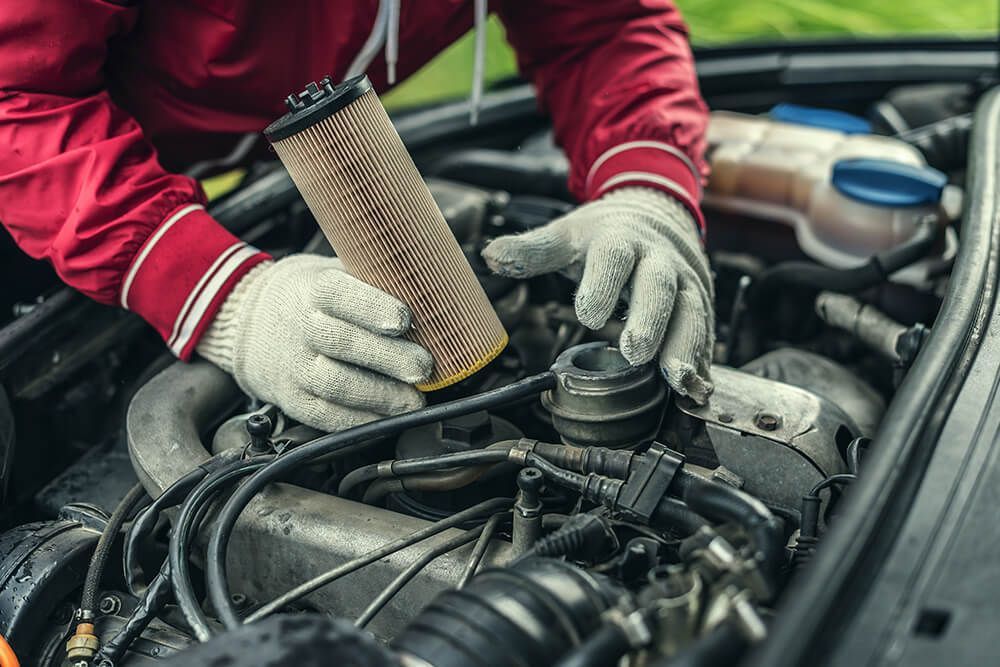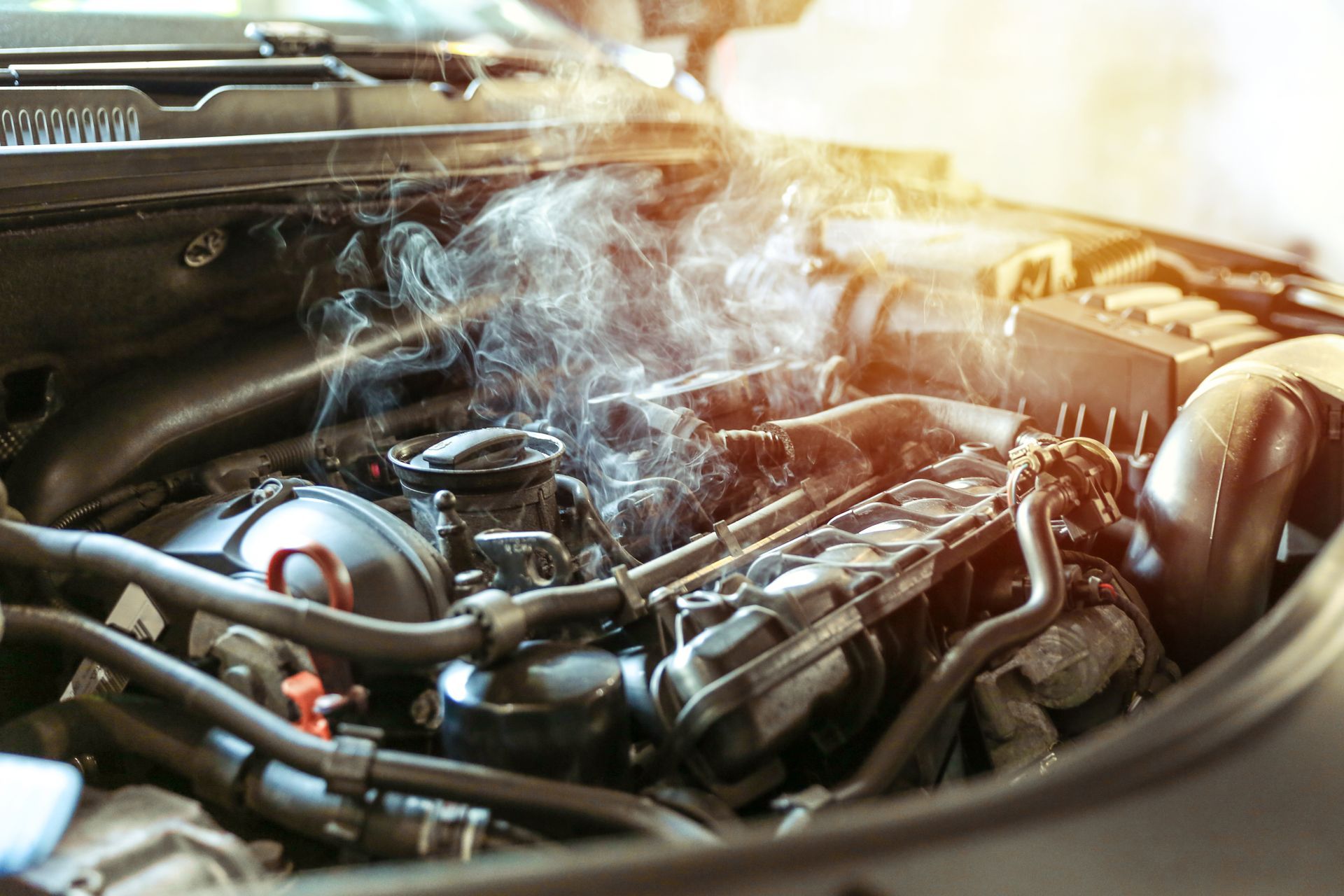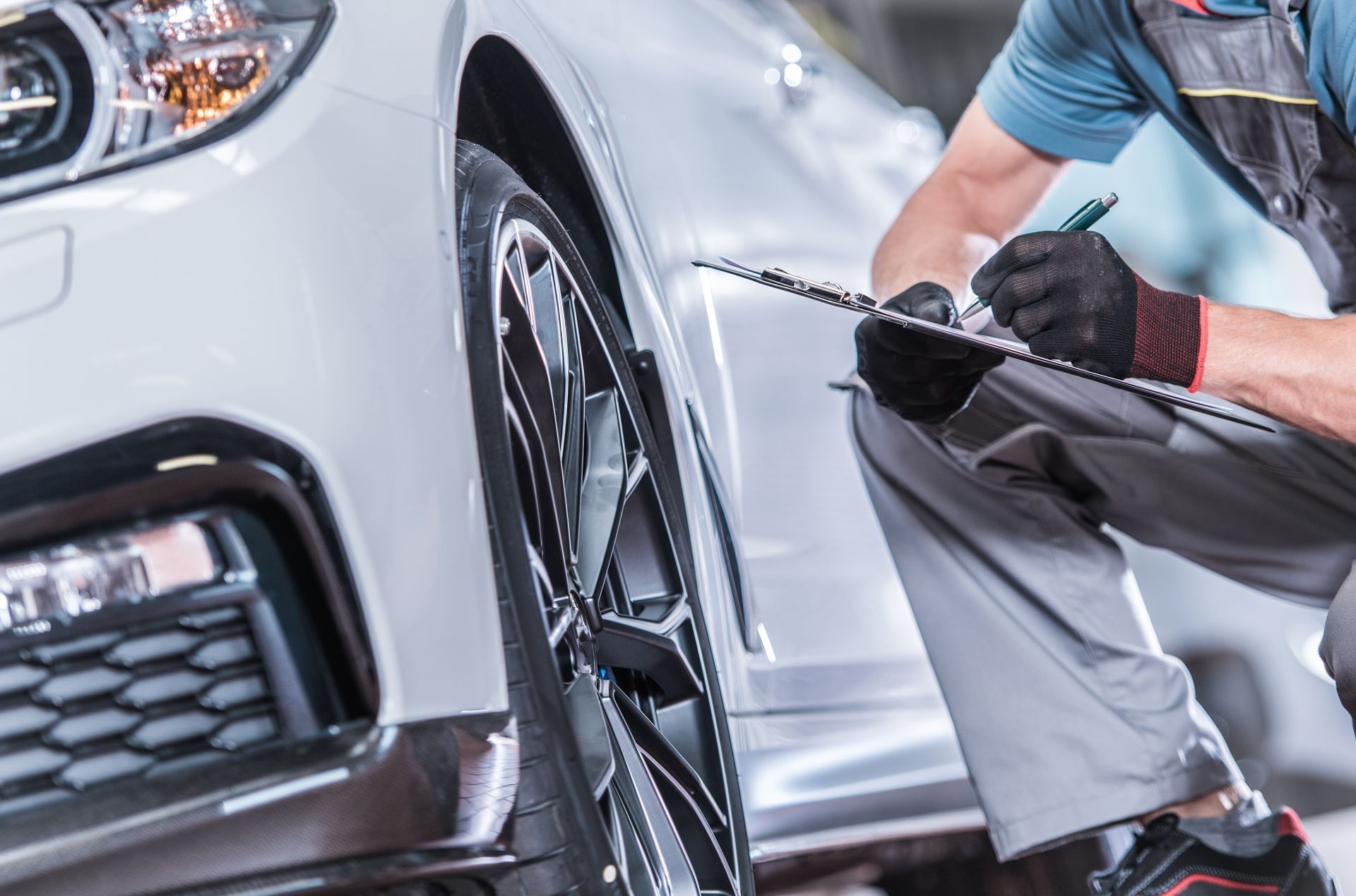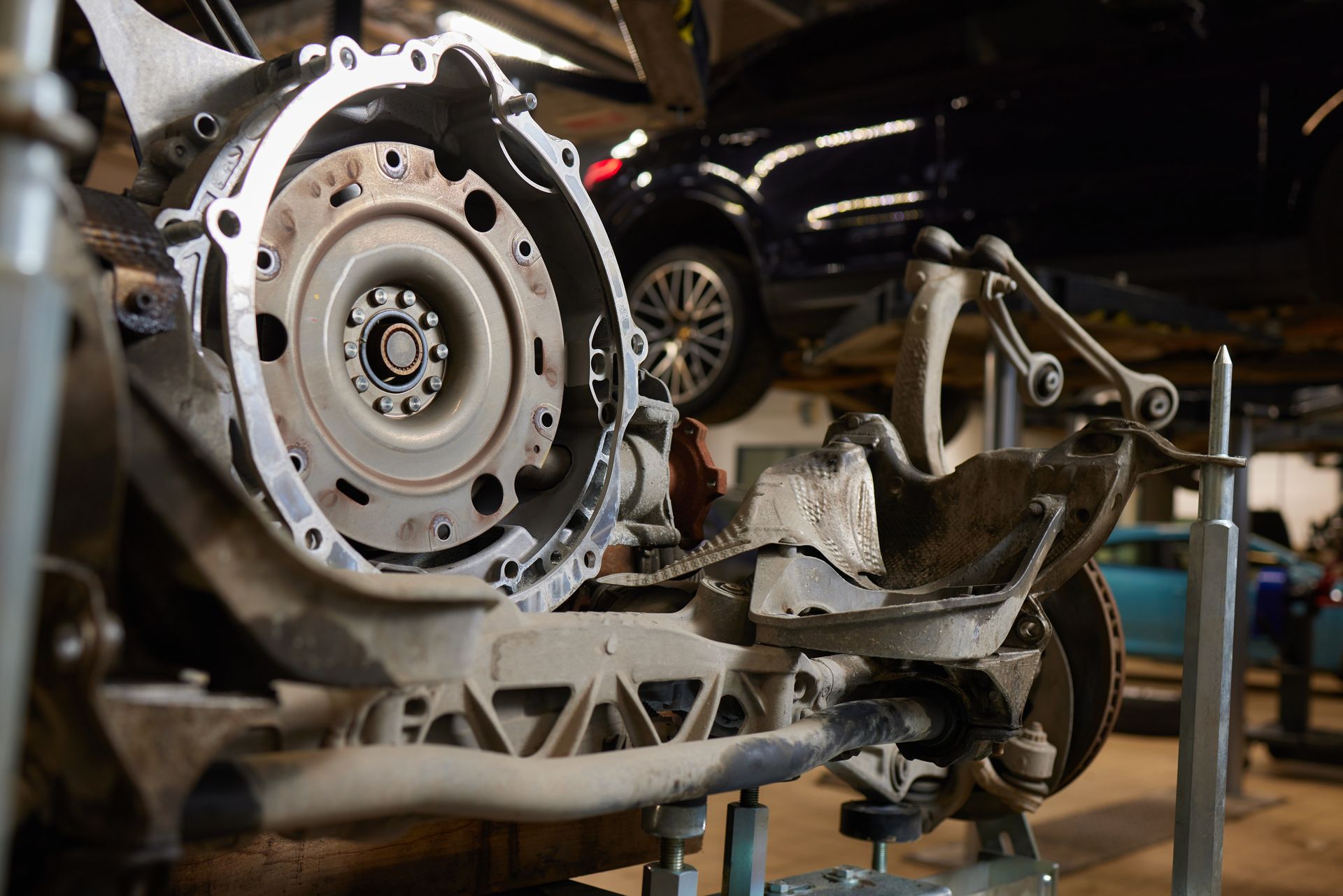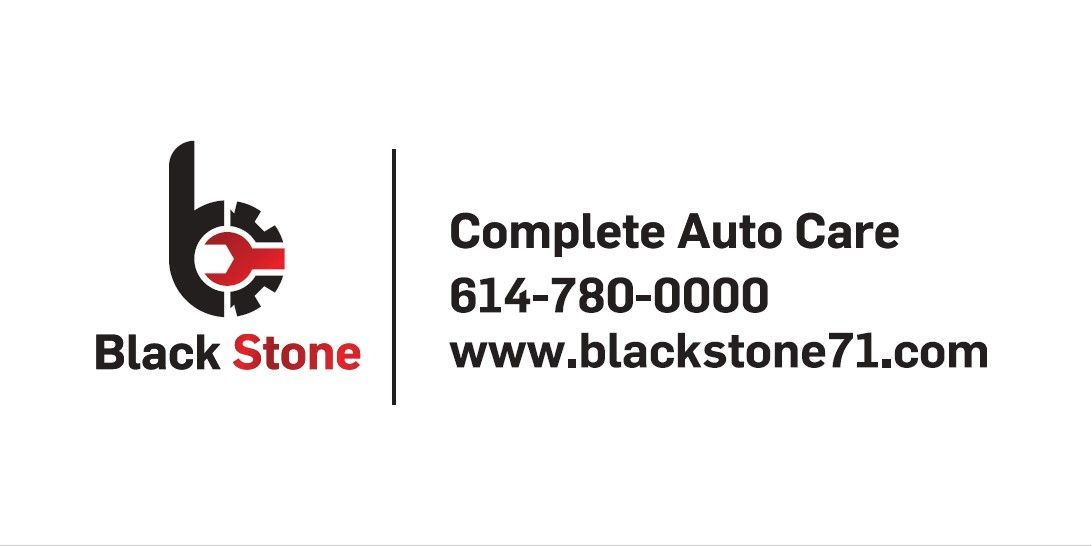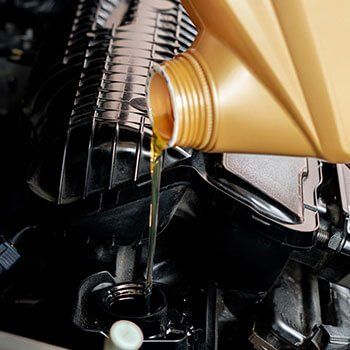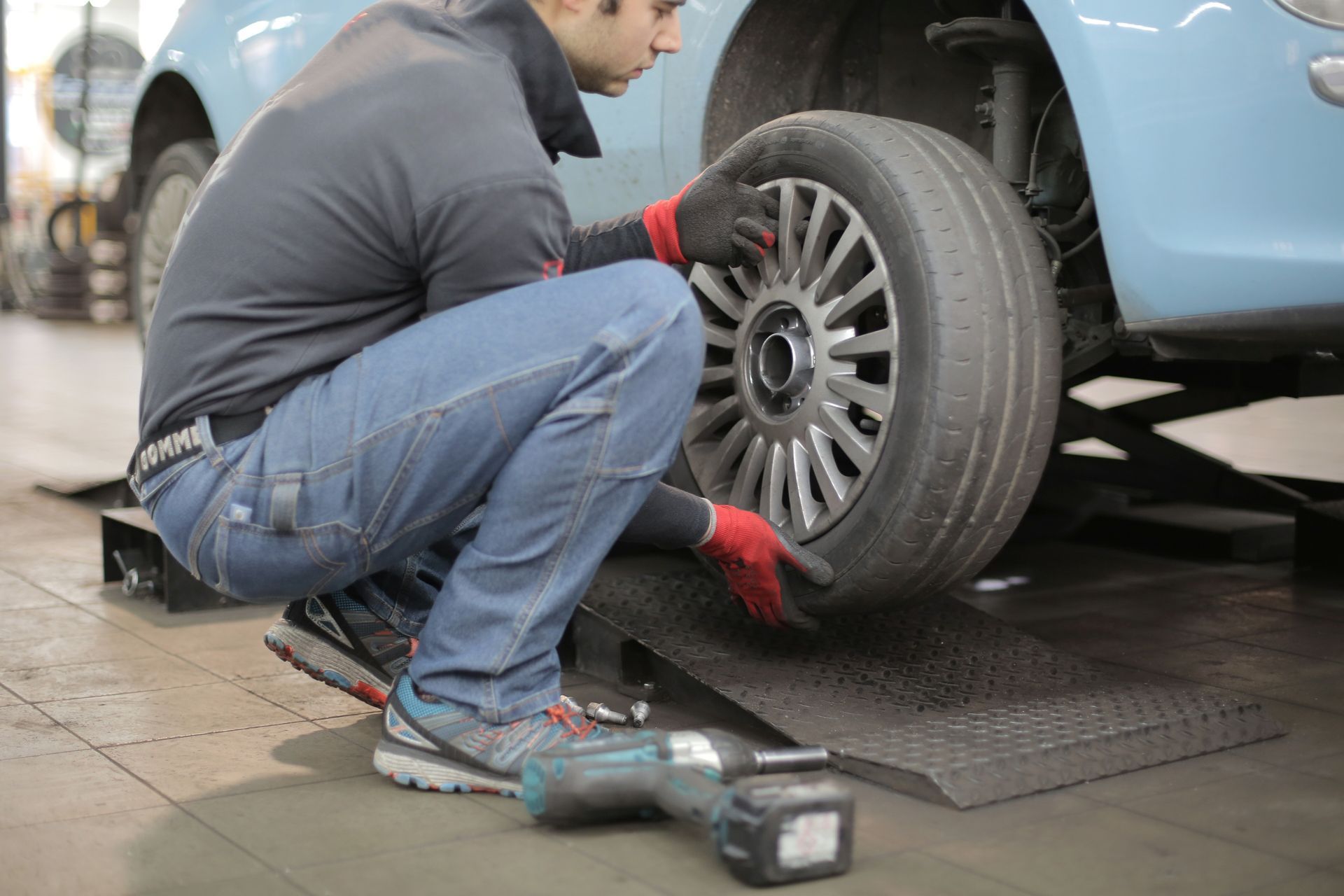Essential Tips for Diagnosing and Fixing Brake Problems
Essential Tips for Diagnosing and Fixing Brake Problems
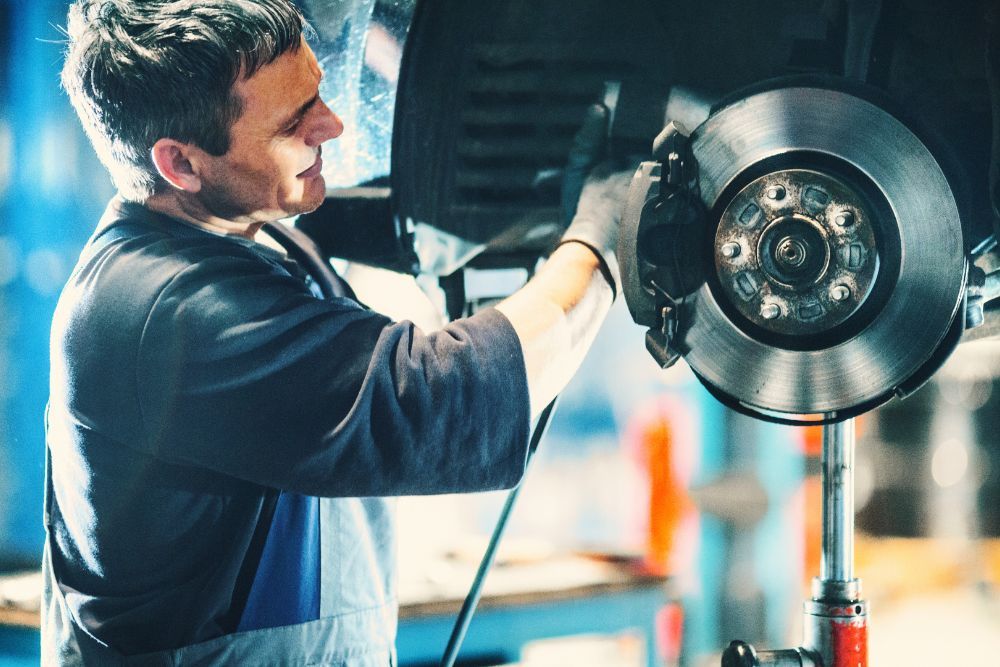
Essential Tips for Diagnosing and Fixing Brake Problems
Your car’s brakes are one of its most vital safety features, and staying on top of brake maintenance is essential for safe driving. Whether it’s strange noises, reduced stopping power, or a warning light on your dashboard, understanding the signs of brake issues and addressing them quickly can help prevent more serious problems.
At Blackstone Complete Auto Care, we’re here to help you keep your brakes in top condition. This guide will walk you through the common signs of brake trouble, ways to diagnose issues, and tips for ensuring your brakes work reliably.
Signs of Brake Problems
Brake issues can show up in several ways. If you experience any of the following signs, it’s time to have your brakes checked by a professional:
- Squeaking or Squealing Sounds: High-pitched squeaks or squeals are often caused by worn-out brake pads and are an early indicator that it’s time for a replacement.
- Grinding Noise: A grinding sound when you apply the brakes could mean that your brake pads are completely worn down, causing the metal of the caliper to grind against the rotor.
- Soft or Spongy Brake Pedal: If your brake pedal feels soft or spongy, it may indicate air in the brake lines or a problem with the brake fluid, reducing braking efficiency.
- Vibrations When Braking: If you feel a pulsing or vibration in the brake pedal when you apply the brakes, it could be a sign of warped rotors, often caused by overheating from heavy braking.
- Pulling to One Side: When your car pulls to one side while braking, it could be due to uneven brake pad wear, a stuck caliper, or alignment issues.
- Brake Warning Light: Many vehicles have a dashboard light that illuminates when there’s an issue with the braking system. If this light comes on, it’s a good idea to have your brakes inspected.
Diagnosing Brake Problems
If you notice any of these signs, diagnosing the problem is the first step to getting it fixed. Here’s how we approach brake diagnostics at Blackstone Complete Auto Care:
- Visual Inspection: Our technicians inspect the brake pads, rotors, and calipers to check for wear or damage. We look for thin or uneven brake pads, grooves in the rotors, and any signs of leaks.
- Brake Fluid Check: We check the brake fluid level and quality. Low or contaminated fluid can reduce braking efficiency and may indicate a leak in the brake system.
- Rotor Measurement: We measure the thickness of your brake rotors. Warped or worn rotors can cause vibration and need to be replaced if they don’t meet manufacturer standards.
- Road Test: A road test allows us to assess braking performance and feel for any pulling, vibration, or noise under braking.
Common Brake Repairs and Maintenance
Depending on the diagnosis, your brakes may need one or more of the following services:
- Brake Pad Replacement: Replacing brake pads is one of the most common brake repairs. High-quality brake pads ensure smooth and quiet braking.
- Rotor Resurfacing or Replacement: If rotors are slightly warped, they can be resurfaced. Severely worn or damaged rotors, however, need to be replaced to maintain effective braking.
- Brake Fluid Flush: Over time, brake fluid absorbs moisture, reducing its effectiveness. A brake fluid flush involves draining the old fluid and replacing it with fresh fluid to ensure proper braking pressure.
- Caliper Service: Calipers press the brake pads against the rotors to create stopping force. If calipers are stuck or damaged, they may need to be serviced or replaced.
- Brake Line Repair: Leaks in brake lines can reduce braking power. Repairing or replacing the brake lines can restore full braking pressure.
Preventive Maintenance Tips for Brakes
Routine maintenance is key to keeping your brakes in good condition and avoiding costly repairs. Here are some tips for prolonging the life of your brakes:
- Have Your Brakes Inspected Regularly: We recommend brake inspections every 12,000 miles or once a year. Routine checks can help catch small issues before they turn into major problems.
- Avoid Heavy Braking: Frequent, hard braking can wear down pads and overheat the rotors. Try to anticipate stops and slow down gradually whenever possible.
- Check Brake Fluid Levels: Keeping brake fluid at the proper level is essential for brake performance. We suggest checking fluid levels every oil change.
- Rotate Tires Regularly: Rotating your tires helps even out tire wear, which in turn reduces stress on your brakes, especially when stopping.
Why Choose Blackstone Complete Auto Care for Brake Services?
At Blackstone Complete Auto Care, we take pride in offering reliable, professional brake services. Here’s what makes us the right choice for your brake care needs:
- Certified Technicians: Our technicians are certified and trained to handle all aspects of brake care and repair, from pad replacements to full system diagnostics.
- Quality Parts: We use only premium parts for repairs, ensuring that your brakes are reliable and perform well under all conditions.
- Comprehensive Service: Our brake services include inspections, repairs, and maintenance, providing a full solution to keep you safe on the road.
- Transparent Pricing: We offer upfront pricing with no hidden fees, so you know exactly what to expect before we begin any work.
Schedule Your Brake Service Today
If you’ve noticed any signs of brake trouble or it’s time for a routine inspection, don’t wait. Contact Blackstone Complete Auto Care to schedule a comprehensive brake service. Our team is here to ensure your brakes are working effectively, keeping you safe wherever the road takes you.
Contact Us:
Blackstone Complete Auto Care
4800 Sinclair Rd, Columbus, OH 43229
Phone: 614-780-0000
Website: www.blackstone71.com
For expert brake care in Columbus, Ohio, trust Blackstone Complete Auto Care. Let us keep your brakes in top shape and your vehicle safe on the road.
Blackstone Complete Auto Care LLC




Services
List of Services
Follow us




© 2024 Blackstone Complete Auto Care LLC. All Rights Reserved | Website managed by
Shopgenie

